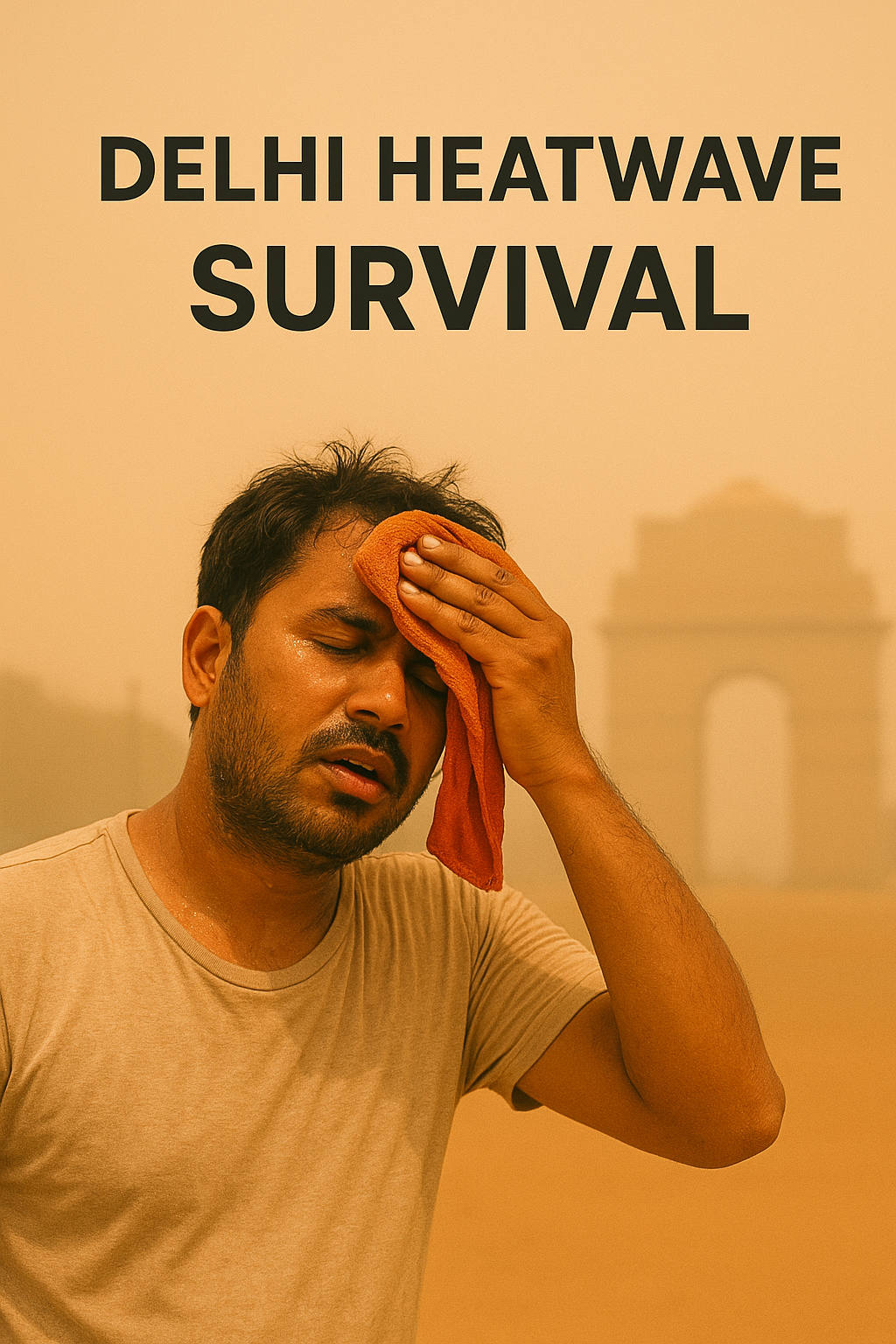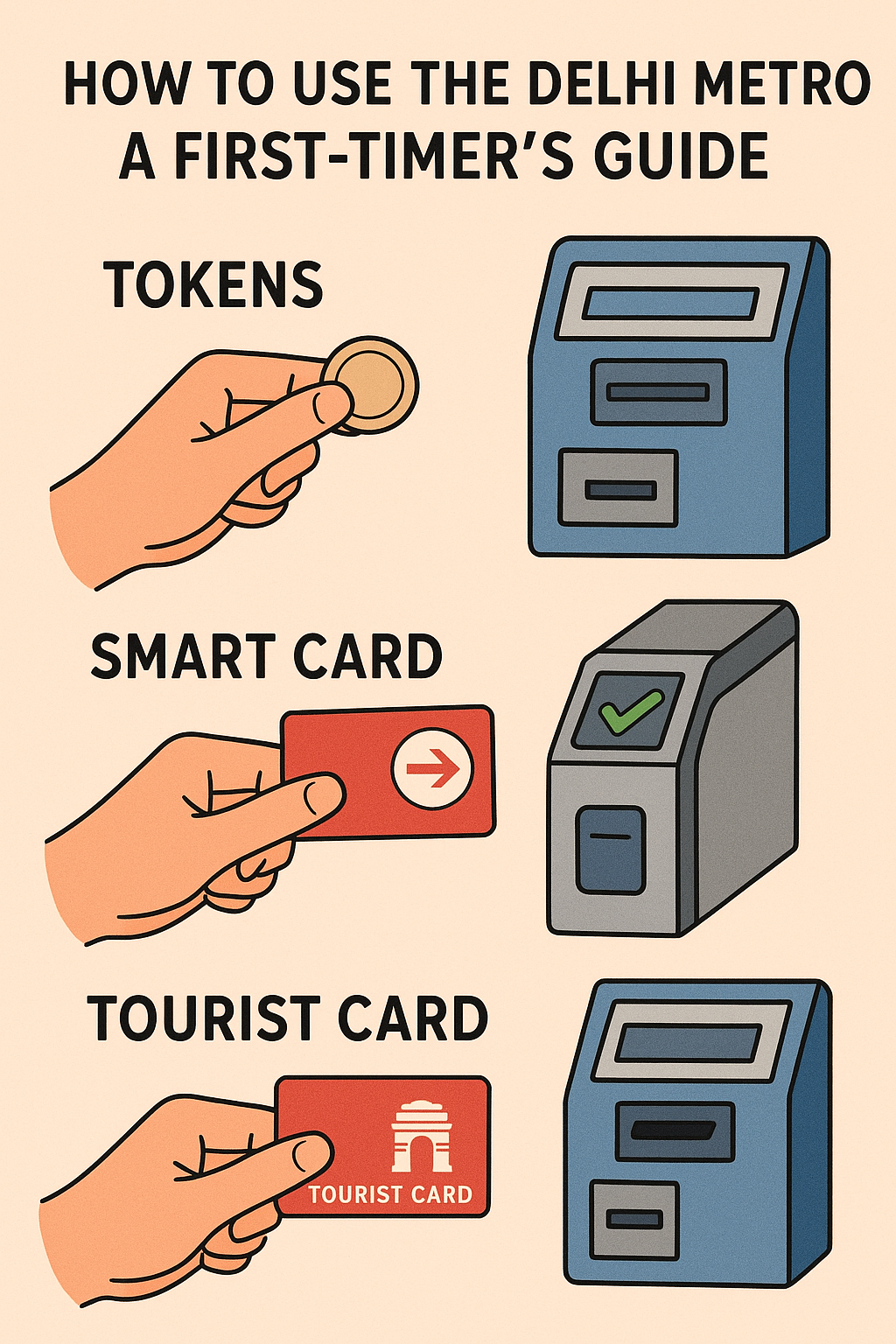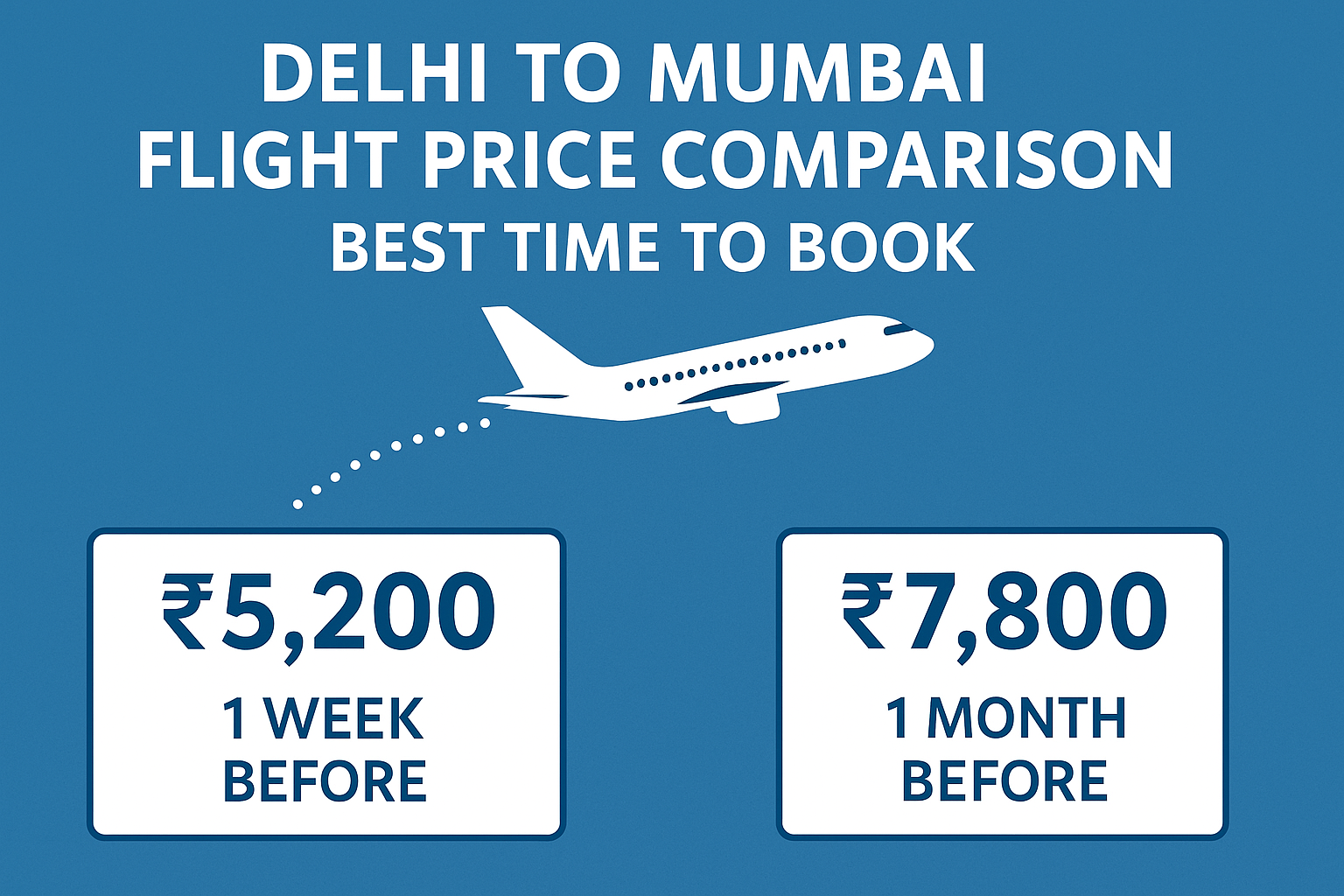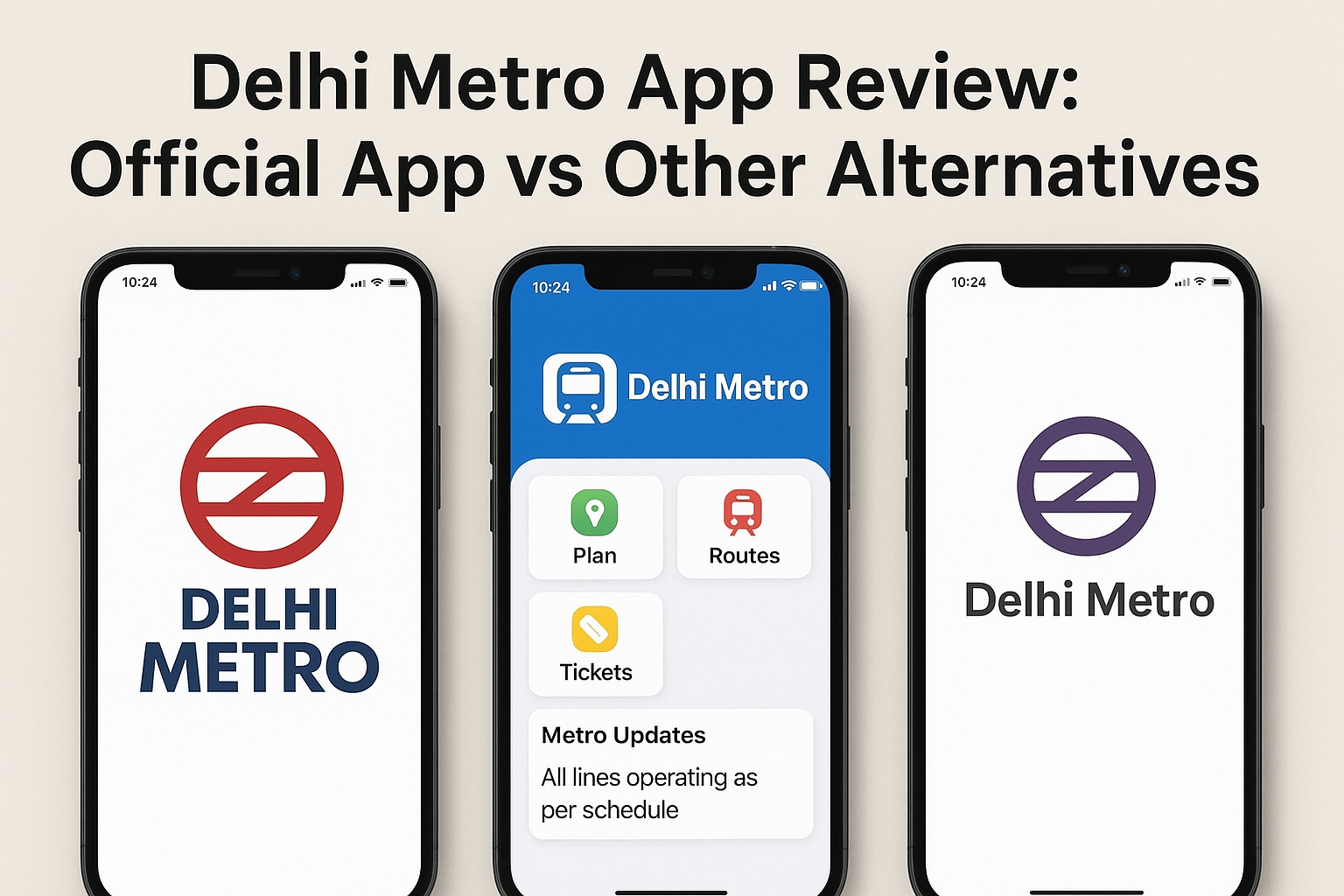When the summer sun beats down on India’s capital, a typical hot day can quickly escalate into a severe heatwave. Characterized by temperatures that soar 4-5°C above the regional average, Delhi’s heatwaves are not just uncomfortable—they are dangerous. The combination of scorching heat, dry loo (hot winds), and urban pollution creates a serious public health challenge.
This comprehensive guide provides essential tips, crucial precautions, and key government advisories to help you and your loved ones stay safe during a Delhi heatwave.
What is a Heatwave? Understanding the Danger
The India Meteorological Department (IMD) declares a heatwave when:
- The maximum temperature reaches at least 40°C in the plains and at least 30°C in the hills.
- A departure from normal temperature is 4.5°C to 6.4°C, it is a “heatwave.”
- A departure from normal temperature is more than 6.4°C, it is a “severe heatwave.”
These conditions can lead to life-threatening illnesses like heatstroke and heat exhaustion.
Part 1: Essential Personal Precautions & Health Tips
1. Stay Hydrated: Your First Line of Defense
- Drink Water Frequently: Don’t wait until you’re thirsty. Keep a water bottle with you at all times.
- Electrolyte Balance: Use Oral Rehydration Solution (ORS), nimbu pani (lemon water with salt), or chaas (buttermilk) to replenish salts lost through sweat.
- Avoid Dehydrating Drinks: Reduce intake of alcohol, coffee, tea, and carbonated soft drinks, as they can lead to further fluid loss.
2. Dress for the Heat
- Wear Light Colors: Light-colored clothing reflects heat and sunlight.
- Choose Loose, Breathable Fabrics: Opt for lightweight cotton and linen to allow your body to cool naturally.
- Cover Up: Use a wide-brimmed hat, sunglasses, and an umbrella when outdoors. Light, long-sleeved clothes can also protect you from direct sun.
3. Modify Your Schedule and Activity
- Stay Indoors During Peak Hours: Avoid going out between 12:00 PM and 4:00 PM, the hottest part of the day.
- Reschedule Strenuous Work: If you must do physical activity, do it during the cooler early morning or evening hours.
- Listen to Your Body: If you feel dizzy, lightheaded, or nauseous, stop all activity and move to a cool place immediately.
4. Keep Your Home Cool
- Use Curtains and Blinds: Keep windows and curtains closed during the day to block direct sunlight.
- Use Cross-Ventilation: Open windows at night and in the early morning when the outside air is cooler.
- Use Damp Cloths: Placing a damp cloth on your forehead or neck can provide immediate relief.
Part 2: Recognizing and Responding to Heat-Related Illnesses
Knowing the signs can save a life.
| Illness | Symptoms | First Aid |
|---|---|---|
| Heat Cramps | Painful muscle spasms in arms, legs, or abdomen. | Rest in a cool place. Drink water or an electrolyte solution. Gently massage the cramped muscle. |
| Heat Exhaustion | Heavy sweating, weakness, cold/pale/clammy skin, fast/weak pulse, nausea, fainting. | Move to a cool place. Lie down and loosen clothing. Apply cool, wet cloths to the body. Sip water. |
| Heatstroke | This is a medical emergency. High body temperature (104°F/40°C+), hot/dry skin, rapid/strong pulse, possible unconsciousness, confusion. | CALL AN AMBULANCE IMMEDIATELY. Move the person to a cooler environment. Reduce body temperature with a cool bath or wet sheets. Do not give fluids. |
Part 3: Key Government Advisories and Initiatives
During a severe heatwave, the Delhi government and NDMC often activate a Heat Action Plan. Key advisories include:
- Public Timings: Advisory to avoid outdoor work between a specific time frame (often 12 PM – 4 PM).
- School Timings: Adjustments to school timings or declarations of summer break to protect children.
- Hydration Stations: Setting up pyaau (water kiosks) and distributing free ORS packets in vulnerable areas.
- Public Awareness Campaigns: Running ads on TV, radio, and social media about heatwave precautions.
- Cooling Centers: Opening public buildings like libraries and community centers as temporary relief shelters.
Where to Get Official Updates:
- India Meteorological Department (IMD): For official weather forecasts and heatwave warnings.
- Delhi Disaster Management Authority (DDMA): For city-specific advisories and relief measures.
- Local News Channels & Newspapers.
Frequently Asked Questions (FAQ)
Q: Who is most vulnerable during a heatwave?
A: The elderly, infants and young children, pregnant women, people with pre-existing medical conditions (heart disease, hypertension), and outdoor workers.
Q: Can I use a fan during a heatwave?
A: A fan can provide comfort, but when temperatures are above 35°C (95°F), it is not enough to prevent heat-related illness. Taking a cool shower or bath, or spending time in an air-conditioned place, is more effective.
Q: Is it safe to exercise outdoors?
A: It is highly discouraged during a heatwave. Shift your workout to an air-conditioned gym or exercise during the coolest parts of the day, and reduce the intensity.
Q: What should I do if I see someone collapsed on the street?
A: Call for emergency medical help immediately. Move the person to a shaded area if safe to do so, and try to cool them down with water while waiting for help.
Final Verdict: Stay Informed, Stay Prepared, Stay Safe
A Delhi heatwave demands respect and preparation. By following these essential tips—staying hydrated, staying cool, and staying informed—you can significantly reduce your risk and navigate the harsh summer safely.




